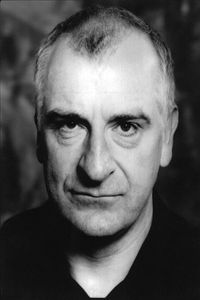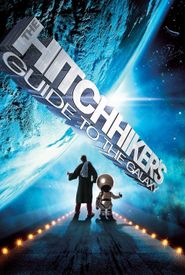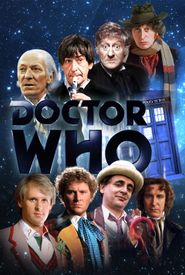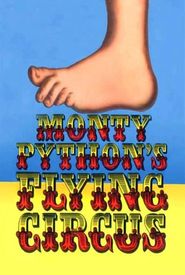Douglas Noel Adams, born on March 11, 1952, in Cambridge, began his educational journey at Brentwood school in Essex, where he developed a strong interest in science from 1959 to 1970.
As a student in Cambridge, he embarked on an adventure, hitchhiking through Europe to Istanbul, taking on various small jobs to fund his trip. After leaving school in 1970, he pursued a career as a writer, convinced that success was imminent. However, it wasn't until he met Simon Brett in 1977 that he found his footing in the industry.
Together, they produced the science fiction comedy show, "The Hitchhiker's Guide to the Galaxy," which premiered on Radio 4. Douglas married Jane Belson on November 24, 1991, and they had a daughter, Polly Jane, born on June 22, 1994. They resided in Islington before relocating to California, USA, in 1999.
In 1997, Douglas signed a deal with Disney to adapt his work into a feature film, and he began working on the screenplay. Jay Roach, director of Austin Powers, was brought on board to helm the project.
Tragically, Douglas suffered a massive heart attack on May 11, 2001, while working out at the local gym. Despite efforts to revive him, he succumbed to his injuries, leaving behind his 6-year-old daughter, Polly, his wife Jane, his mother Jan Thrift, brother James, and a vast network of family, friends, and fans.
Douglas Adams was the author of the beloved "Hitchhiker's Guide to the Galaxy" series, which expanded into radio, television, stage plays, record albums, computer games, graphic novels, and even a bath towel. He also wrote the Dirk Gently novels and the non-fiction book, "Last Chance to See," about endangered species.
Throughout his career, Douglas held various unconventional jobs, including chicken shed cleaner, bodyguard for an Arab royal family, and even played guitar for Pink Floyd as a 42nd birthday gift from David Gilmour, an old friend.
Douglas co-founded The Digital Village, producing a range of media, including TV, movies, and computer games. He was one of the creators of Starship Titanic, a combined book and computer game.
When asked about the influence of P.G. Wodehouse on his work, Douglas replied that Wodehouse had a significant impact, particularly while writing "Restaurant at the End of the Universe." He credited Wodehouse as a genius of the English language.

































